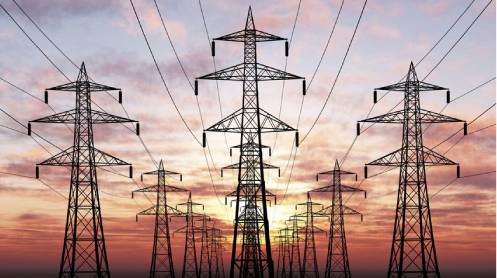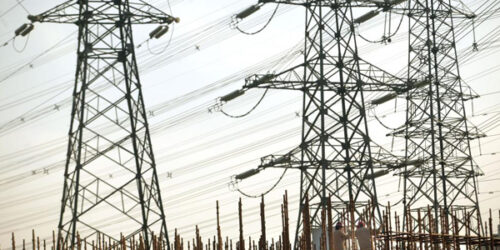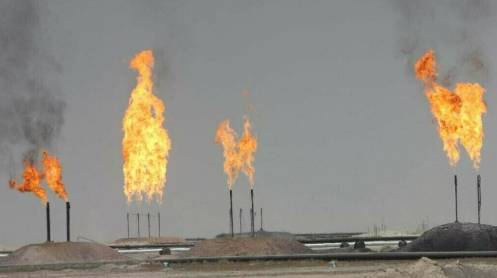ISLAMABAD: The federal cabinet has instructed the Power Division to finalise all formalities required for the winding up of Power Holding Limited (PHL) and present a clear implementation timeline to the Economic Coordination Committee (ECC), sources told Business Recorder. The directive was issued during the ECC meeting on *November 7, while approving a *Rs 659.6 billion government guarantee as part of the *Rs 1.225 trillion circular debt financing plan. The cabinet ratified the ECC decision on *November 12, 2025. PHL, a fully government-owned entity under the Power Division, was originally…
Read MoreAuthor: Admin
Power Division, QESCO Clash Over Funding for Third-Party Validation of Subsidised Tubewells
ISLAMABAD: A dispute has emerged between the Power Division and the Quetta Electric Supply Company (QESCO) over the release of funds for third-party validation of subsidised agricultural tubewells in Balochistan, with QESCO raising serious concerns over the consultant’s verification process. On *October 28, 2025, the Power Division instructed all power distribution companies to release payments to **ICore Business Solutions, the firm engaged for third-party verification. However, QESCO has objected, arguing that under *Clause VI of the Memorandum of Understanding (MoU) between the federal and Balochistan governments for the *solarisation of…
Read MoreOGDCL Commences Oil Production from Pasakhi-14 Well in Sindh
KARACHI: Oil & Gas Development Company Limited (OGDCL) has begun producing 1,100 barrels of oil per day from its newly developed Pasakhi-14 well, located in the Hyderabad district of Sindh. The well is part of the *Pasakhi & Pasakhi North Development & Production Lease (D&PL), where OGDCL holds a *100% working interest. Pasakhi-14 was delineated, drilled and tested using OGDCL’s in-house technical capabilities. The well reached a depth of 2,183 metres to evaluate the hydrocarbon potential of the upper sands of the Lower Goru Formation. To enhance drilling precision and…
Read MorePSO Cleared to Finalise LNG Cargo Diversion Deal with Qatar by November 15
ISLAMABAD: The government has authorised Pakistan State Oil (PSO) to finalise a key agreement with Qatar by *November 15, allowing the diversion of up to *24 LNG cargoes in 2026 under a net proceeds differential formula. In a recent meeting, the Petroleum Division informed the Economic Coordination Committee (ECC) that PSO needed approval to conclude discussions with Qatar Energy before the deadline. It proposed authorising PSO and the Petroleum Division to finalise the Annual Delivery Programme (ADP) for 2026 with a cargo range of 24 to 29. The ECC approved…
Read MoreDisasters Inflict $3.26tr Damage on Global Agriculture: FAO Report Warns of Mounting Risks and Digital Solutions
ISLAMABAD: Global agriculture has suffered an enormous $3.26 trillion in losses from disasters over the past 33 years — averaging *$99 billion annually, or nearly *4% of global agricultural GDP — according to the Food and Agriculture Organisation’s (FAO) latest report, Impact of Disasters on Agriculture and Food Security 2025, released on Friday. The report reveals that from *1991 to 2023, disasters destroyed **4.6 billion tonnes of cereals, **2.8 billion tonnes of fruits and vegetables, and **900 million tonnes of meat and dairy, reducing global food availability by *320 kilocalories…
Read More






